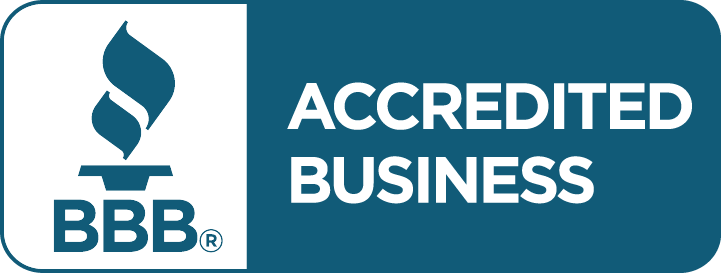During our working years, money can often be a worry. And unfortunately, when we retire, that stress does not magically disappear. In many cases, running out of money becomes even more of a concern due to skyrocketing inflation costs, long-life expectancies, and the cost of health care.
Knowing how much money you need to retire comfortably can be challenging. Some experts suggest saving 80 to 90 per cent of your annual pre-retirement income, whereas others suggest saving 12 times your pre-retirement salary.
There’s no getting around the fact that life is expensive, retired or not. So no matter how well you saved before retiring, money management should remain a priority during retirement. Here are five tips to follow for managing your money in retirement.
1. Analyze Your Current Budget
Start by evaluating where your money is currently going each month by tracking your expenses and spending habits. Review bank account and credit card statements in detail. Note where there’s room for improvement and work towards savings costs in those areas during the following months.
If you still find that your retirement income isn’t enough to cover your retirement expenses, you have one of three options: increase your income, reduce your expenses further, or some combination of the two.
Our living expenses typically account for most of our spending, so maybe it’s time to reconsider your arrangement. Are you able to downsize your home? Move to a more affordable city? Rent out part of your home to start getting an income?
And what about your life insurance? You may not need as much coverage if you now have fewer debts and dependents.
Think creatively about ways to increase your income – you may be surprised at what you come up with!
2, Maximize Government Benefits
In Canada, there are different government retirement benefits you may be eligible for: Canada Pension Plan (CPP) payments (which begin between 60 and 70 years old), Old Age Security (OAS) payments (which start between 65 and 70 years old), or the Guaranteed Income Supplement (GIS), which is for lower-income Canadians aged 65 and older.
The amount you receive depends on your income and/or the amount you contributed during your working years. None of these benefits begin automatically; you must apply for them. You want to apply in ample time, too. Otherwise, there may be a delay in receiving payments. And don’t forget to file your taxes each year, as you won’t be eligible for benefits without doing so.
3. Continue to Earn an Income
Almost half of retirees underestimate their life expectancy by at least five years. Working even a year longer during your career can significantly improve your living standard during retirement.
A good rule of thumb to live by? Earn more money than you spend. Once you retire, consider remaining in the workforce – at least part-time or seasonally – to help you keep earning money, maximize your government benefits, and keep your mind active. Work also provides us with purpose and helps us remain socially interactive with others.
The work can be completely unrelated to your career, too – especially if your career was something that you did not enjoy. Think about freelancing, consulting, or another way to contribute your knowledge and capitalize on one of your passions. Working at a strategic employer may even save you money, too! For example, if you like to golf, consider becoming a marshal. You’ll likely get reduced green fees in addition to a pay cheque!
4. Keep Contributing to Savings
If there’s money left over at the end of each month, be sure to put some towards a savings account.
One of these savings options is a Registered Retirement Savings Plan (RRSP). Once you retire, you can still contribute to RRSPs until the year after you turn 71 years old. The contribution amount has an annual limit based on your contribution room.
Another option for savings is a Tax-Free Savings Account (TFSA). Unlike an RRSP, you won’t have to pay tax when withdrawing this money. TFSAs can hold most kinds of investments and help you save tax-free for any goal.
Work with a trusted financial advisor to determine what’s right for you.
5. Stay Healthy and Active
Besides its heavy financial toll, healthcare costs can also contribute to substantial emotional and mental stress – all of which you want to avoid.
Exercising for 30 minutes three to five times weekly can make a huge difference in your health and vitality. Eating healthy foods can reduce the risk of cancer and heart disease, just like quitting or moderating negative habits can as well.
Positive thinking can go a long way toward slashing medical costs, too. This Harvard study discovered that remaining optimistic does more than boost your mood – it helps you live longer and reduces the risk of dying from several major diseases.
The Bottom Line
Your retirement can last a long time, and you need to plan on having a substantial amount of money to support you during this period. By following some of the money management advice above, you can better enjoy your retirement years without worrying about money.
If you would like more help with saving for retirement or managing money during your retirement, we can help. Book a consult with one of our credit counsellors to review your finances and receive different options personalized to your financial situation. For more information, reach out to us today.











